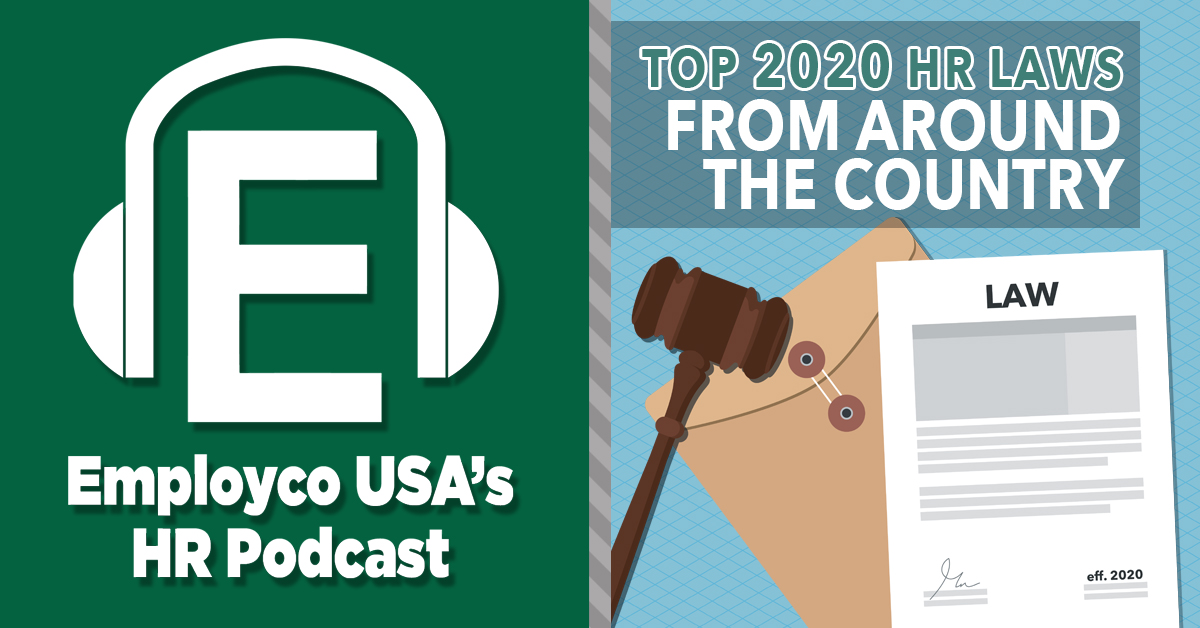
Employco USA, Inc. is pleased to announce that Robert “Griffen” Wilson has joined the firm as an Assistant Vice President. Griffen’s primary focus will be overseeing Employco’s national brokers program and connecting the firm’s broker partners with its sales and operations teams. In addition, Griffen will play a key role in supporting Employco’s trade show union relations across the country.
Griffen has been part of the Employco team for several years as a summer intern, working with all of the firm’s sales and operational teams to obtain a clear understanding of the unique functionality of each. He now joins the firm on a full-time basis, having graduated from Coastal Carolina University’s Wall School of Business in 2019 with a major in Business Management and a concentration in Entrepreneurship. In addition to working at Employco during his time in school, Griffen also founded Outer Shores LLC, an on-line clothing line specializing in casual wear. The company was committed to giving back to society and, to that end, donated 10% of all sales to cleaning up oceans and coastlines around the world.
About: Employco USA, Inc. provides human resource outsourcing solutions to businesses across the United States. The firm provides cost-reducing payroll processing, robust benefits options, creative HR assistance, highly competitive Workers’ Compensation rates and innovative risk management tools. In the trade show arena, Employco is endorsed by both ESCA and EACA.
For more on this topic, please contact Rob Wilson at rwilson@thewilsoncompanies.com.
 Exchanging holiday gifts in the workplace is often a tricky affair. The rules tend to be ambiguous, and expectations tend to vary widely from employee to employee. Luckily, there are several things that managers and HR personnel can do to make the holidays more joyful.
Exchanging holiday gifts in the workplace is often a tricky affair. The rules tend to be ambiguous, and expectations tend to vary widely from employee to employee. Luckily, there are several things that managers and HR personnel can do to make the holidays more joyful. With the New Year just weeks away, employers need to start considering upcoming changes to minimum wage law that will become effective on Jan. 1, 2020. Several states, including Illinois, Arizona, Colorado, and Florida are seeing minimum wage hikes.
With the New Year just weeks away, employers need to start considering upcoming changes to minimum wage law that will become effective on Jan. 1, 2020. Several states, including Illinois, Arizona, Colorado, and Florida are seeing minimum wage hikes.

 Starting in January 2020, important changes are coming to Americans’ paychecks. Beginning in the new year, new overtime provisions from the Fair Labor Standards Act will go into place.
Starting in January 2020, important changes are coming to Americans’ paychecks. Beginning in the new year, new overtime provisions from the Fair Labor Standards Act will go into place. Gerri LeCompte recently celebrated her 20th anniversary as the vice president of payroll services at Employco USA, a human resource and outsourcing firm, in Westmont, IL.
Gerri LeCompte recently celebrated her 20th anniversary as the vice president of payroll services at Employco USA, a human resource and outsourcing firm, in Westmont, IL.

 Julian Raczka, Accounting Associate – Julian will maintain an accurate analysis of employee benefits and garnishments in conjunction with Human Resources, Payroll, and Accounts Payable, as well as assist the accounting staff with the analysis of various categories of accounts, including commissions, cash accounts, payroll taxes, etc.
Julian Raczka, Accounting Associate – Julian will maintain an accurate analysis of employee benefits and garnishments in conjunction with Human Resources, Payroll, and Accounts Payable, as well as assist the accounting staff with the analysis of various categories of accounts, including commissions, cash accounts, payroll taxes, etc.